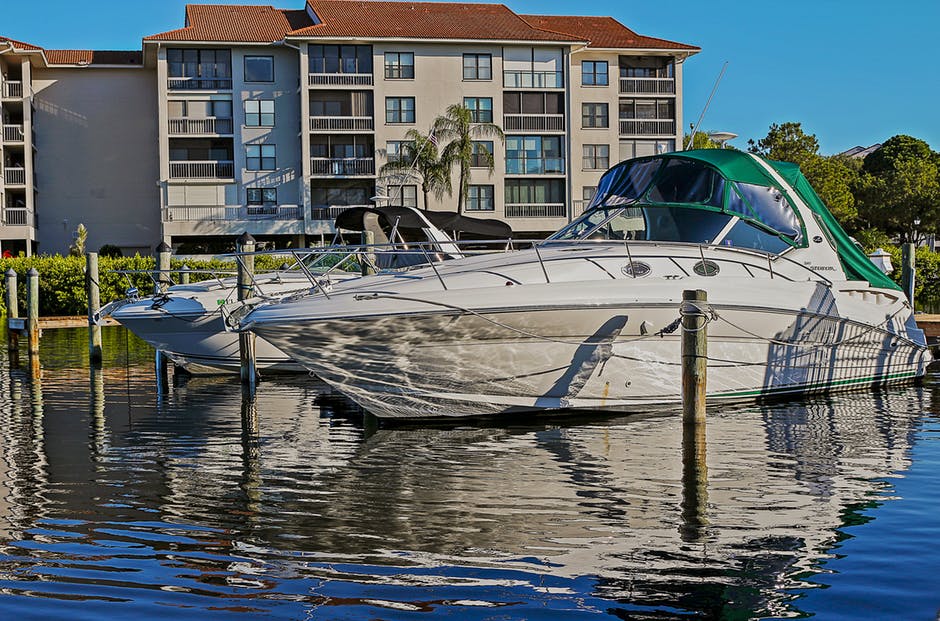What do you most desire? Wealth? Fame? Love?
We all desire something. In fact, we all desire multiple things. But all those desires can be traced back to a few simple truths.
We all want to be admired. We want people to like us because then we can have a legitimate reason to like ourselves.
We all want to be free, because being free implies that we are beholden to no one – that we owe no one anything, and that we therefore are not bound to do anything for anyone unwillingly.
We all want to feel fulfilled. Fulfillment gives our lives purpose, and gives us something to feel good about – to take pride in. There is nothing wrong with taking pride in our work or our accomplishments. The measure of whether that pride is sin can be taken only in the heart. Why are we proud? Is it because we feel fulfilled? Or is it because we are glad to have something to point others toward and say, “Look – I did that. I am a good person. I am worth knowing. I am worthy of your respect.” That kind of pride comes not because of fulfillment, but rather because of our desire to love ourselves.
We all want to be in control of our own lives. We don’t want others to tell us what to do. This doesn’t just apply to having others tell us to do things with which we disagree – we don’t even like it when people tell us to do something that we want to do. This is because we want to be the ones making the decisions – we want to have that power.
Sin brings us PLEASURE because it temporarily meets our desires. Pride, lust, greed, hatred – these sins and others make us feel loved, admired, free, and powerful – for a while. But those feelings don’t last. Before long we need more sin to give us the same feelings, and before we realize it we are trapped by and literally addicted to sin. The temporary pleasure that sin brings us keeps us coming back for more. But that fleeting pleasure leaves us feeling empty and needy once it’s gone. Though sin is pleasing for a time, eventually the addiction it causes in our lives will destroy us. We have seen what a drug or alcohol addiction can do to someone. A sin addiction is far worse, because we don’t have to obtain anything to sin; sin is readily available because it lives in our hearts and follows us everywhere we go.
Christ had no desire to be admired. There was no reason to have it. He didn’t need anyone to set him on a pedestal; He had already been acknowledged by God the Father as the Prince of Peace (Isaiah 9:6). So Jesus didn’t need admiration.
He also didn’t need to be free. He created the entire universe (John 1:3). What gain could freedom bring him? He could already move in and out of a crowd at will without being found or noticed (John 8:59). He could already walk on water (Matthew 14:25). He could already bring people’s spirits back into their lifeless bodies (John 11:41-44). He was already completely free.
Jesus had no need for fulfillment – He knew that his purpose in being here was to die (Mark 9:31), and the only fulfillment He required was in fulfilling that purpose. Not because accomplishing that goal would make Him feel good about Himself, rather because fulfilling His purpose would bring about redemption for mankind.
Jesus also had no need for control – He was already in control! He could control the seas and the winds (Matthew 8:26), the fish (Matthew 17:27) – He could even control matter at the elemental level, so much so that He was able to change the chemical makeup of a container of liquid from water into wine (John 2:7-10). He could also either create or rearrange matter to suit His liking – as He did with the fish and the loaves fed to multitudes on at least two occasions (Matthew 14:20, 15:37). He even had control over His own spirit, which he willfully yielded up to a temporary separation from the Father in order to gain our salvation (Luke 23:46).
The reason Jesus didn’t need any of these things is because Jesus was and is PERFECT. In fact, not only is Jesus perfect, He is in fact the embodiment of perfection. There is nothing in the universe as complete, as holy, as spotless as Jesus. And through His death, we are seen by the Father to be just as complete, just as holy, just as spotless. Jesus’ blood has covered our sin. When God looks at us, the blood is all He sees. It’s just as with the Passover sacrifice on the night that the Death Angel passed through Egypt taking the firstborn of each household. When the Angel saw the blood sprinkled on the doorpost and lintel of the house, He passed by (Exodus 12:23). He didn’t see the firstborn in the house. He didn’t see sin. God had decreed that the firstborn of every house must die. The blood stayed that decree, or more accurately, the blood carried a pardon from that decree. It is the same with us. Our acceptance of Jesus’ blood brings with it a pardon from our sins. It’s not a “not guilty” verdict. It’s a full pardon, as if we’d never committed that sin.
©2023 A Reasoning Faith
